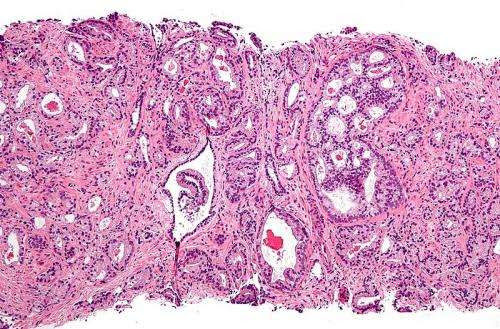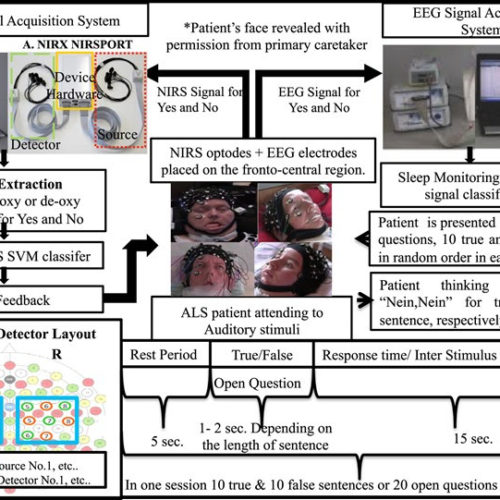AMERICAN GASTROENTEROLOGICAL ASSOCIATION Bethesda, Maryland (Feb. 18, 2020) – Patients at average risk of colorectal cancer who have a normal colonoscopy do not need to repeat screening for 10 years. It is common for polyps to be removed and tested during a colonoscopy, but the amount and size of polyps removed will change the patient’s...
Researchers challenge new guidelines on aspirin in primary prevention
FLORIDA ATLANTIC UNIVERSITY The most recent guidelines for primary prevention recommend aspirin use for individuals ages 40 to 70 years who are at higher risk of a first cardiovascular event, but not for those over 70. Yet, people over 70 are at increasingly higher risks of cardiovascular events than those under 70. There has been...
Recommended diuretic causes more side effects than similar hypertension drug
COLUMBIA UNIVERSITY IRVING MEDICAL CENTER Chlorthalidone, the guideline-recommended diuretic for lowering blood pressure, causes more serious side effects than hydrochlorothiazide, a similarly effective diuretic, according to a new study led by researchers at Columbia University Irving Medical Center. The findings, published in JAMA Internal Medicine, contrast with current treatment guidelines recommending chlorthalidone over hydrochlorothiazide. The...
The skinny on why poor sleep may increase heart risk in women
COLUMBIA UNIVERSITY IRVING MEDICAL CENTER NEW YORK, NY (Feb. 17, 2020)–Women who sleep poorly tend to overeat and consume a lower-quality diet, according to a new study from researchers at Columbia University Irving Medical Center. The findings provide new insight into how poor sleep quality can increase the risk of heart disease and obesity and...
Traditional risk factors predict heart disease as well as genetic test
Assessing millions of variations in individuals’ DNA didn’t improve on tried-and-true methods of determining heart disease risk UT SOUTHWESTERN MEDICAL CENTER Traditional cardiovascular risk factors often assessed in an annual physical, such as blood pressure, cholesterol levels, diabetes, and smoking status, are at least as valuable in predicting who will develop coronary heart disease (CHD)...
HPV Vaccine for Adults: Who Needs It? Who Doesn’t?
A new study was published in JAMA Network. HPV, the human papilloma virus, causes cancer—as many as 44,000 cancers in the United States each year. An HPV vaccine is available and protects against nine virus types: Types 6 and 11 cause 90% of all anogenital warts; High-risk types 16 and 18 cause 64% of HPV-related...
More time between prostate cancer screenings could improve outcomes
by Oxford University Press A new study in JNCI: Journal of the National Cancer Institute, published by Oxford University Press, finds significant benefits to lengthening the amount of time between prostate cancer screenings for men. Prostate cancer is one of the most common cancers in men, affecting one in seven men over the course of...
The potentially deadly paradox of diabetes management
MAYO CLINIC ROCHESTER, Minn. — Diabetes affects nearly 1 in 10 adults in the U.S., of these millions, more than 90% have Type 2 diabetes. Controlling blood sugar and glycosylated hemoglobin levels ? or HbA1c, which is sometimes referred to as A1C ? is key to diabetes management and necessary to prevent its immediate and...
ALS Patients Communicate for First Time in Years With New Device
The 68-year-old woman hadn’t been able to talk for a decade. She’d been on a ventilator and a feeding tube since 2007 and hadn’t been able to so much as blink an eye to communicate since 2010. For all anyone knew, she was a human shell, made completely immobile by amyotrophic lateral sclerosis, also known...
Steroids should not be used to combat the coronavirus
COVID-19, better known as Coronavirus, is still spreading fear across the globe. Close to 2 thousand people have died and tens of thousands more have been infected. There are no vaccines and there is no cure, even though more and more people are recovering completely. There is, however, one treatment that probably should be avoided...




